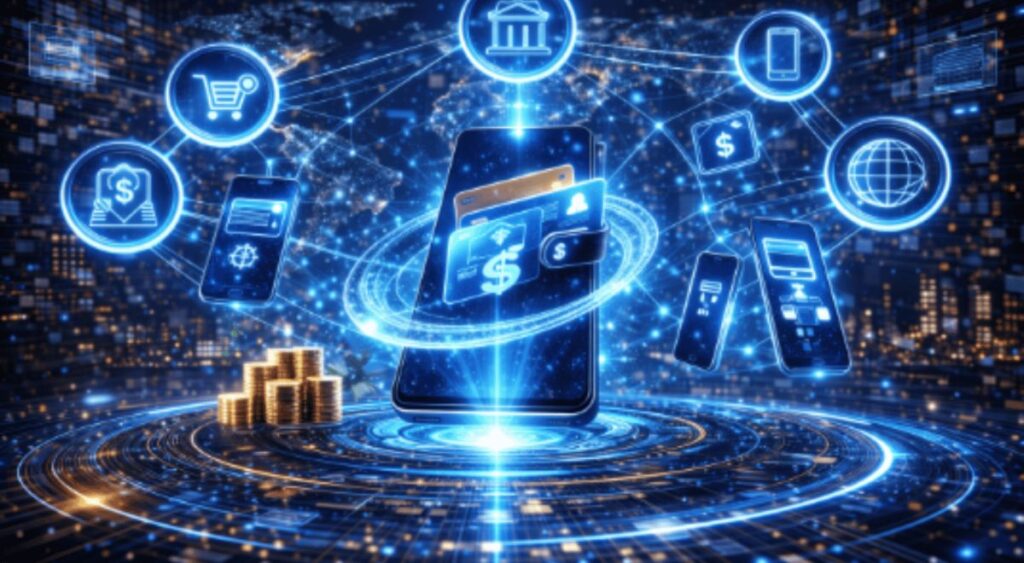Non-fungible tokens (NFTs) have developed beyond virtual currencies since Quantum’s minting in 2014, seeing an expansion into real-world influences such as toys and movies.
In 2021, NFL player Rob Gronkowski debuted a line of Super Bowl cards, which effectively launched sports NFTs into the memorabilia and collectibles market.
Understanding NFTs in Sports
NFTs in Sports are unique digital assets made on a blockchain that represent numerous products, significant events, or different aspects of the sports sector. These assets include virtual player cards, team collectibles, photos, GIFs, films, virtual tickets, and other priceless sports-related items.
According to RBC Sports Professionals research, the careers of athletes typically last 5-7 years, which frequently results in financial difficulties. In order to combat this, a lot of athletes turn to non-fungible tokens, which auction off career highlights to generate revenue and fan engagement while forging a special connection between sports fans and historical events.
2023 Sports NFT Boom: A Year of Notable Releases
Significant sports NFT releases in 2023 demonstrated the growing acceptance of fantasy sports NFT platforms. According to METAV.RS’s 2021–2023 NFT market report, 35% of fans of e-sports expressed interest in collecting non-fungible tokens, with 20% demonstrating a strong level of excitement. Despite being “memorable,” sports NFTs faced criticism from regulators and industry leaders.
Many credit Gronkowski’s NFT release as the spark that ignited the market for a wide variety of sports collectibles. A month later, after Gronkowski’s release, the Golden State Warriors launched their team collection, marking a surge in sports NFTs.
Still, analysts anticipate increased trader interest in 2024 despite low numbers last year. According to MarketDecipher, the market for sports trading cards exceeded $14 billion in 2023, while the market for sports memorabilia collections topped $32 billion.
Notable athletes like as Shaquille O’Neal, Michael Jordan, Stephen Curry, Serena Williams, and Neymar Jr. have all publicly endorsed NFTs, demonstrating the broad appeal of these digital assets since 2021.
Despite its widespread adoption, the Football Supporters Association has expressed worries about the growing number of cryptocurrency partnerships in football and condemned the English Premier League’s partnership with Sorare in January.
Prior to these events, in 2021, Tom Brady launched Autograph, an NFT platform, selling out a collection of 16k NFTs in 10 minutes. One of the pieces from Lionel Messi’s NFT collection, “The Messiverse,” was resold for $9 million in less than a week. Despite their achievements, both sportsmen came under fire for using NFTs to profit off fan attraction, which raised moral questions.
Impact on the reputation of sports personalities
Athletes view NFTs as a way to engage with fans by providing unique access to events, products, and historical moments. Fan tokens, for example, enable sports teams to include their supporters in organizational decision-making.
Essentially, NFTs improve the brands of athletes by giving them royalties and giving fans access to authentic merchandise like Lebron James’ jersey 23 or Cristiano Ronaldo’s CR7. But there are still challenges regarding NFTs in Sports. Athletes face lawsuits and warnings, especially with regard to “fraudulent advertisement.”
Takeaways
Athletes are using digital assets more and more to create stronger bonds with fans, generate income, and prolong their careers as sports NFTs gain popularity. Nonetheless, athletes have to tread carefully when navigating the changing world of non-fungible tokens (NFTs) in sports because of ethical issues and controversy surrounding agreements with cryptocurrency platforms.
















